Top 10 Water Efficient Appliances for the Modern Home: Save Water & Money
Top 10 Water Efficient Appliances for the Modern Home: Save Water & Money
If you’re seeking effective ways to reduce your household water usage and save on expenses, this guide to the top 10 water efficient appliances for the modern home is precisely what you need. With a focus on functionality and savings, we introduce appliances that promise to lower your water footprint and deliver economic benefits. Expect to discover a range of tools that are not only kind to the environment but also gentle on your budget, without skimping on performance.
Key Takeaways
-
Embracing water-efficient appliances can lead to substantial savings on water and energy bills while significantly reducing environmental impact and preserving precious water resources.
-
Adopting regular maintenance of water-saving appliances and mindful water usage habits, along with using tools like the WELS rating system, can maximize water efficiency in homes.
-
Government rebates and incentives are available to assist homeowners in transitioning to water-efficient appliances, making them a practical and economically viable investment towards a sustainable future.
Top 10 Water Efficient Appliances
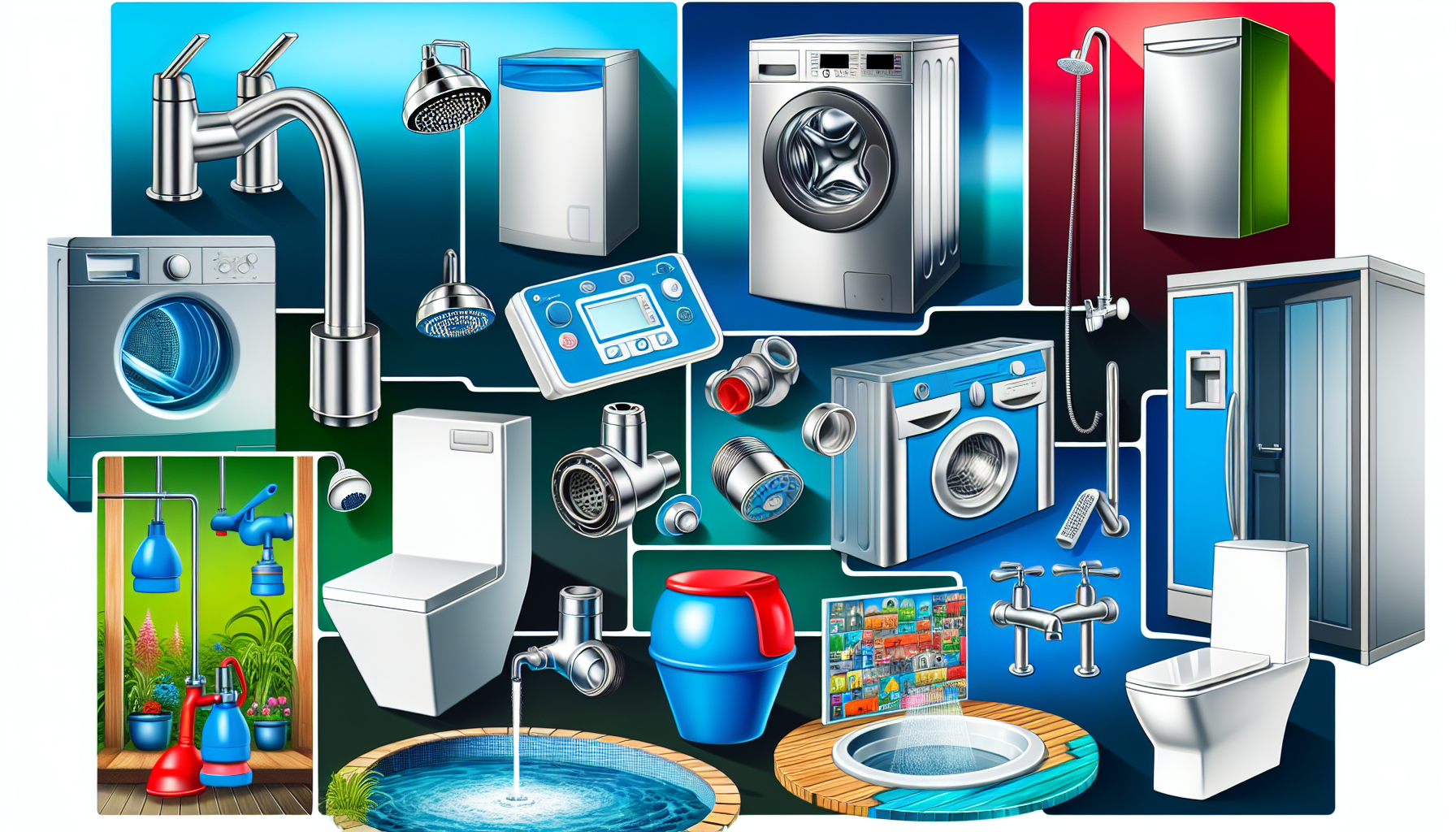
Do you aspire to save substantial money and participate in environmental conservation simultaneously? Australians have the potential to save approximately $2 billion by 2030 by using more water-efficient products. This will not only contribute to saving water, but also save money. And it’s not just about money; it also involves reducing your environmental impact and preserving our precious water resources.
The amount of water your household uses can be positively impacted by factors such as the number of people living in the home, the size of the garden, and choosing appliances with water efficiency labelling. Here are the top 10 water-efficient appliances that can help you reach this objective.
High-Efficiency Washing Machines
Front-loader washing machines are the most water-efficient type for laundry. But does choosing a water-efficient washing machine mean compromising on the quality of your wash clothes? Absolutely not! You can make the eco-friendly choice and save water without sacrificing the cleanliness of your clothes.
Choosing an 8 kg load capacity washing machine with a 5-star rating and using 55 L per load instead of a 3-star machine using 115 L per load can save the family 18 kL and $54 each year, reducing both water and energy bills. In fact, the efficiency of the 5-star machine results in significant cost and resource savings. Hence, during your next washing machine purchase, consider the water efficiency rating for a superior choice.
Water-Saving Dishwashers
While dishwashers save time for many households, they also remarkably conserve water when it comes to wash dishes. Choosing water efficient appliances like a high-star-rated dishwasher will not only lead to significant water and money savings, but also contribute to a more sustainable and efficient lifestyle.
Experience the difference with leading examples of water-saving dishwashers, such as those available at Appliances Online and the impressive Miele freestanding dishwasher, with its remarkable 4.5-star energy rating and outstanding 6-star water rating. Washing dishes has never been more efficient or eco-friendly!
Low-Flow Showerheads
We all love a good, rejuvenating shower. But did you know you can enjoy that luxurious flow of water while still being water-efficient? By installing a water-efficient showerhead, you can save over 10,000 litres of water each year, which is equivalent to filling a large plastic bottle a significant number of times.
Low-flow taps are designed to:
-
Mix air into the water-flow, which reduces water volume while still giving you the feel of a full water-flow
-
Improve water usage efficiency
-
Reduce energy costs
This makes them a great choice for improving water usage efficiency and reducing energy costs. Hence, you can relish your shower time guilt-free of water wastage.
Dual Flush Toilets
Did you know that toilets are one of the most water-consuming fixtures in a home? But there’s a solution - dual flush toilets. By switching from a 12 L flush single-flush toilet to a 3.5 L flush 4-star toilet, you could save an impressive 50 kL of water each year. This could also result in an annual saving of $148 on water bills..
Moreover, a family of four can save up to a remarkable 35,000 litres of water per year with a dual-flush toilet. Therefore, during your next bathroom renovation, contemplate installing a dual flush toilet for a greener choice.
Smart Irrigation Controllers
If you’re a garden lover, then you know how important proper watering is for your plants. But what if you could automate that process and save water at the same time? Enter smart irrigation controllers - the ultimate solution for a well-maintained garden.
Smart irrigation controllers, by gathering local weather information and making irrigation adjustments, ensure that your landscape receives the perfect amount of water, preventing overwatering or underwatering. It’s a game-changer for efficient and sustainable water usage. Why not upgrade your garden to be smarter and more water-efficient?
Rainwater Harvesting Systems
There’s something magical about rainwater. It’s pure, natural, and best of all, free! So why let it go to waste? Consider rainwater harvesting systems - a fantastic way of collecting and storing rainwater for use in gardens, toilets, and laundry, reducing reliance on mains water supply.
Installing a rainwater tank is a great way to:
-
Reduce water use
-
Preserve high-quality water supplies for drinking
-
Make a positive impact on the environment
-
Save money on your water bills
Hence, remember to save the invaluable rainwater for a sunny day during the next downpour.
Pool Covers
Who doesn’t enjoy a refreshing dip in the pool on a hot day? But pools can be quite a water guzzler, especially due to evaporation. A simple solution? Pool covers. Just like a cozy blanket, they can prevent up to 95 percent of pool water evaporation, helping you save water and maintain your pool’s water level.
By using a pool cover, you can prevent up to 95 percent of pool water evaporation, leading to significant water savings. It’s an amazing way to conserve water and make a positive impact. Therefore, remember to cover it up after your refreshing dip during your next pool visit.
Faucet Aerators
Ever wonder how you can save water every time you turn on the tap? The answer lies in something as simple as a faucet aerator. A faucet aerator can be easily screwed onto the faucet head and it works by introducing air into the tap water flow, creating a smooth and non-splashing stream of water.
By using faucet aerators, you can save energy and water without compromising on volume-based tasks. They can significantly reduce household water usage, typically accounting for 15% to 18% of water usage.
Faucet aerators have the potential to save up to sixty percent of water and energy, making them a fantastic choice for eco-friendly living.
Hot Water Recirculation Systems
Waiting for hot water to reach the tap can waste a significant amount of water. But there’s a solution to this problem - hot water recirculation systems. These systems save water by reducing the wait time for hot water to reach the tap, minimizing waste.
By rerouting cold water back to the storage tank to be reheated, a hot water recirculation system saves water and helps you avoid wastage. Without such a system, you would typically have to wait around 20 seconds for the water to warm up, leading to unnecessary water wastage.
Why delay when you can access hot water instantly?
Greywater Recycling Systems
We all use water in our daily routines - for showers, baths, washing machines, etc. But what if this water could be reused for other purposes like garden irrigation or toilet flushing? This is where greywater recycling systems come in.
By recycling greywater, you can:
-
Lower water usage
-
Cut down on energy consumption for water heating
-
Save costs on water bills
-
Conserve water resources
-
Provide an alternative water source for plants
-
Ease the burden on wastewater treatment plants
It’s time to give your ‘used’ water a new life!
Practical Tips for Maximizing Water Efficiency
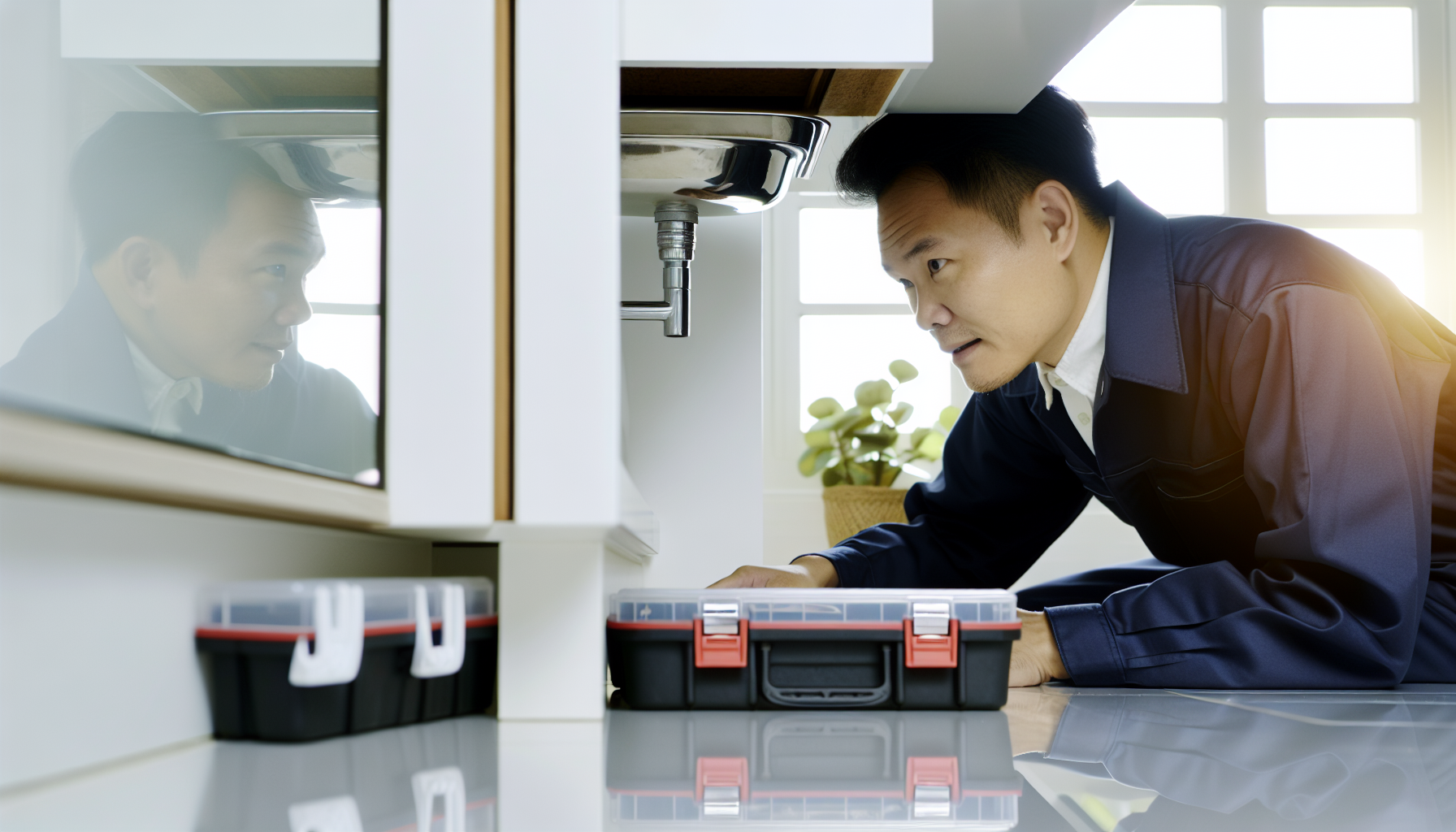
While choosing water-efficient appliances is a significant step towards water conservation, it’s also important to adopt practical habits to maximize water efficiency. From detecting leaks to maintaining appliances and being mindful of our water usage, every little effort counts.
Water-efficient appliances help save money on energy and water costs, providing both economic and environmental benefits. The subsequent sections will offer you useful tips to attain optimal water efficiency.
Regular Leak Detection
Water leaks are sneaky. They can silently drain away precious water and inflate your water bills without you even noticing. This is why regularly checking for both visible and invisible leaks in your home is crucial for preventing water waste and saving money.
Actively seeking visible leak signs and monitoring your water bills for unexpected increases allows you to manage your household’s well-being and conserve water. Keep in mind, a small leak may result in significant waste.
Proper Appliance Maintenance
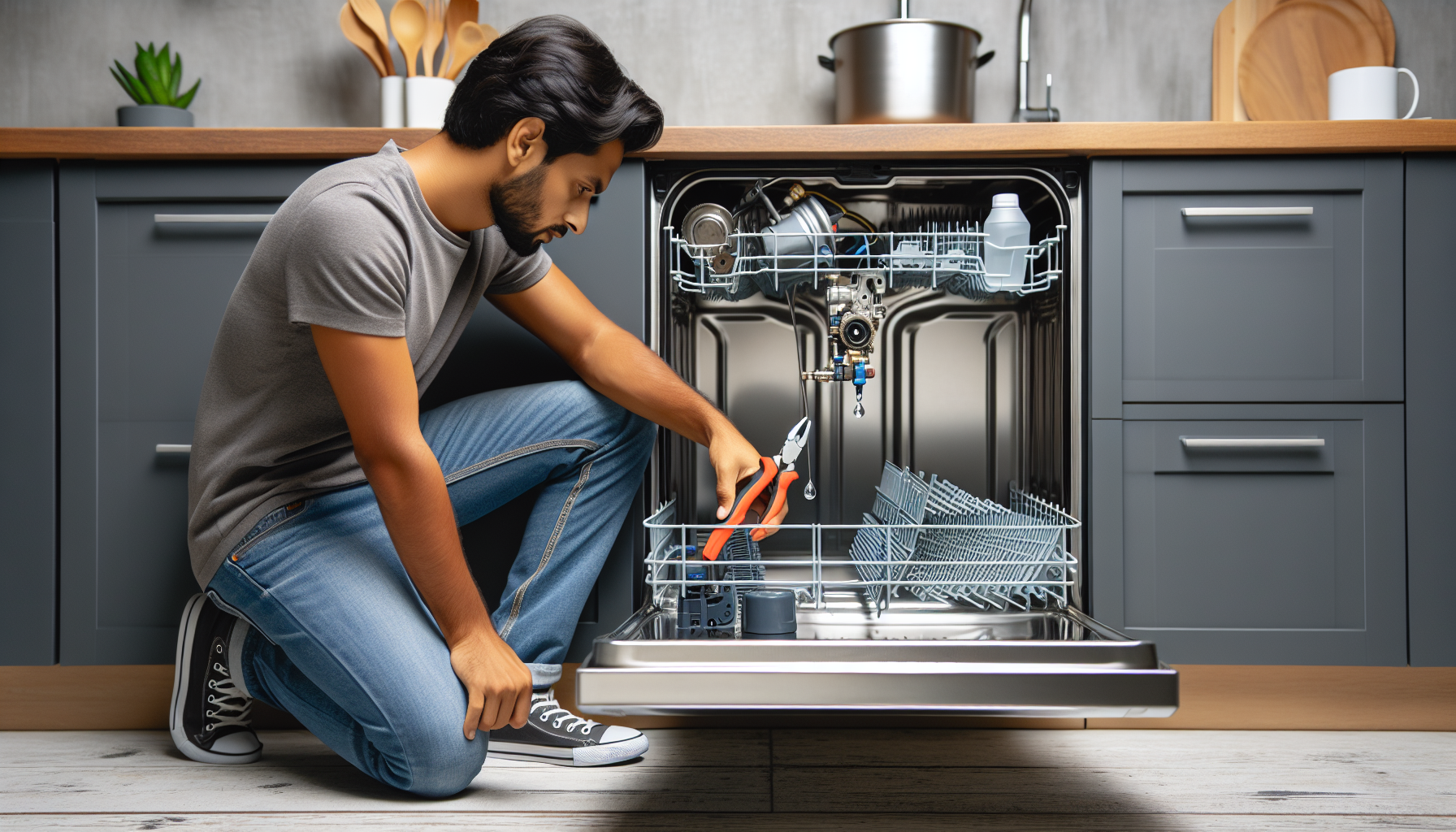
Just like anything else in your home, your water-efficient appliances need to be well maintained to operate at their best. By servicing your water-saving dishwasher at least once a year, you can ensure it continues to operate efficiently and conserve water.
Similarly, by properly maintaining low-flow showerheads, you can unlock their full potential for optimal water delivery and satisfying water pressure. Regular appliance maintenance is a small step that can lead to significant water savings.
Mindful Water Usage Habits
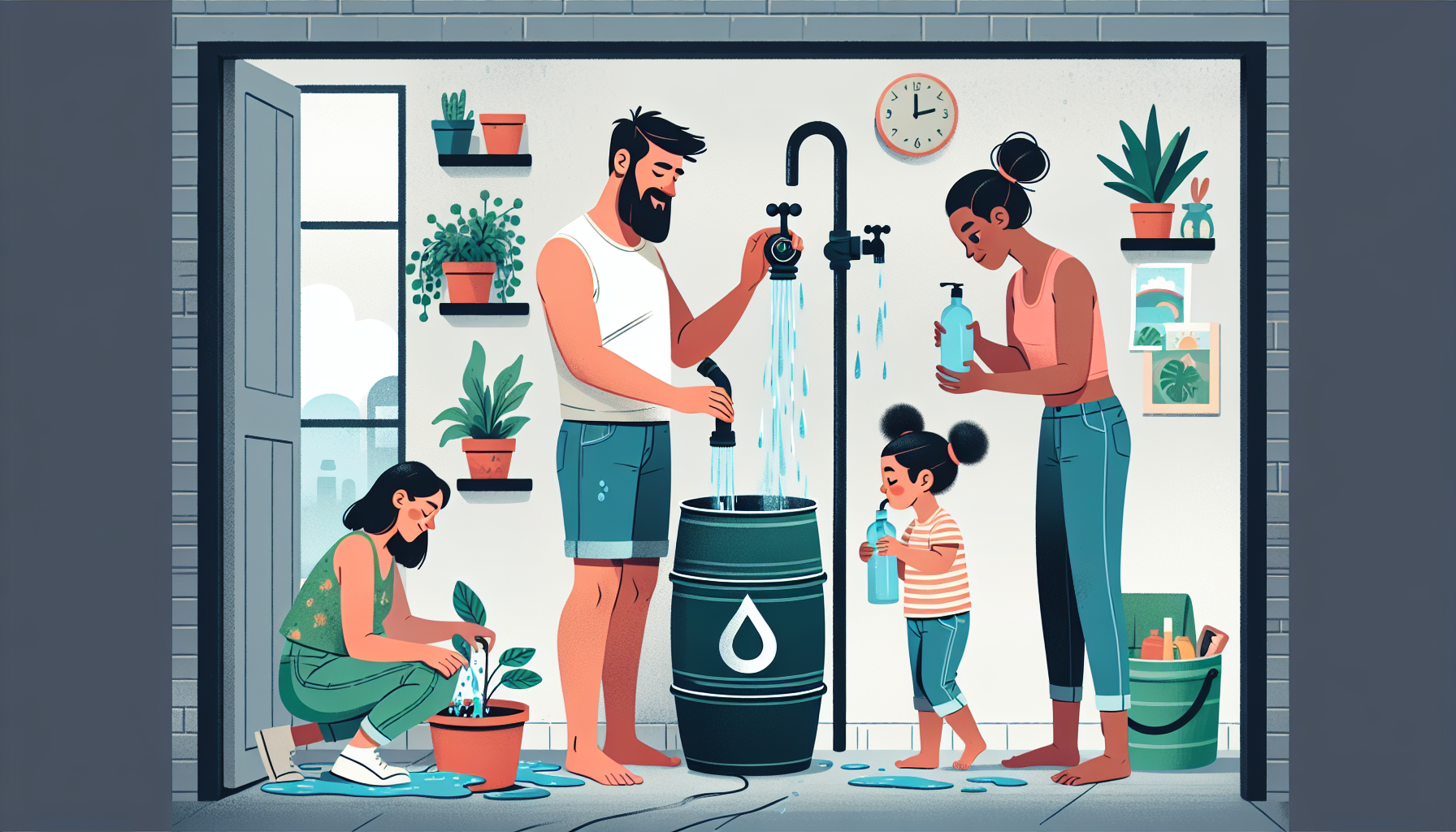
We can save a significant amount of water by simply being more aware of how we use it. Mindful water usage habits are crucial for conservation as they play a significant role in reducing water waste and ensuring efficient and sustainable use of water resources. By following some water saving tips, we can make a positive impact on our environment.
Simple actions like turning off the tap while brushing teeth, shaving, or soaping hands, taking shorter showers, and using your dishwasher and washing machine with full loads can make a substantial difference. Remember, every drop counts.
Rebates and Incentives for Water Efficient Appliances
Water-efficient appliances are an excellent investment, especially when financial assistance is available for the purchase. Various government programs and incentives are available to assist homeowners in upgrading to water-efficient appliances and fixtures.
By installing qualified water-efficient appliances or fixtures, homeowners may unlock opportunities for rebates or other forms of assistance, helping them save money and contribute to a sustainable future. So, don’t let the initial cost deter you, there may be plenty of incentives waiting for you.
Understanding the WELS Scheme
Choosing water-efficient appliances without appropriate information could be challenging. However, the Water Efficiency Labelling and Standards scheme, or WELS, is here to assist.
Under the WELS scheme, products undergo rigorous testing for water consumption and are awarded a prestigious rating of up to 6 stars. So next time you’re shopping for a new appliance, look out for the WELS rating to make an informed choice.
Environmental Benefits of Water Efficiency
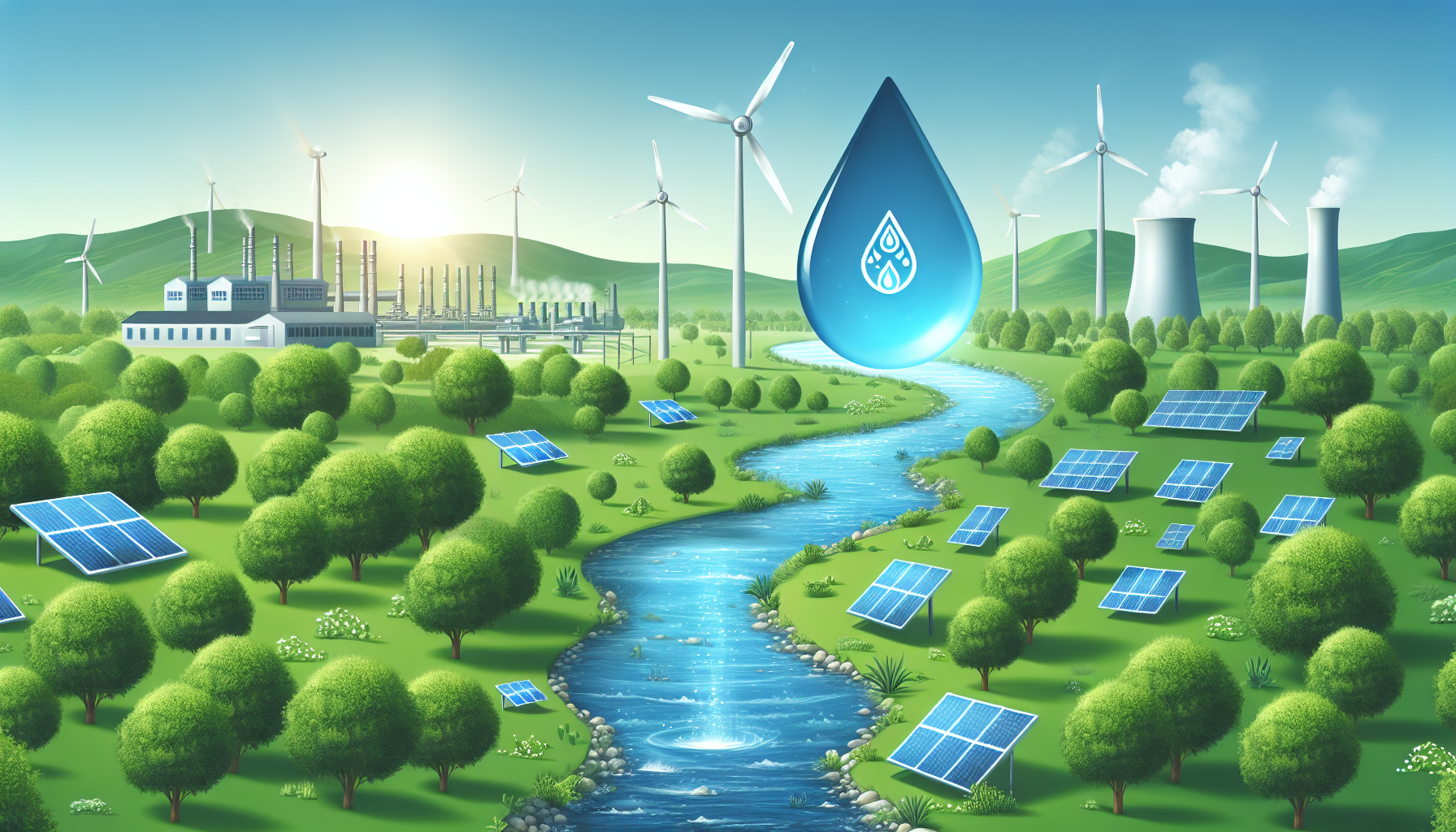
Reducing water use is not just about saving money, it’s also about caring for our planet. Conserving water is the key to reducing the energy demand linked to treating and transporting water and wastewater, leading to decreased greenhouse gas emissions.
Reducing water consumption can decrease the need to construct dams or extract water from rivers, and also reduce the volume of wastewater produced and treated at sewage plants. Each drop saved contributes to a more sustainable future.
Summary
In a world where water resources are becoming increasingly scarce, water efficiency is no longer a luxury but a necessity. From choosing water-efficient appliances to adopting water-saving habits and taking advantage of government incentives, every step we take towards water efficiency not only saves us money but also contributes to preserving our precious water resources. Remember, every drop counts, and together, we can make a difference.
Frequently Asked Questions
What is a water efficient appliance?
A water efficient appliance uses minimal water while maintaining its performance, including dishwashers, washing machines, toilets, showerheads, and faucets. Look for products with a higher star rating on their label for increased water efficiency.
What are the efficient water fixtures?
To save water and reduce your bills, opt for water-efficient fixtures like low-flow showerheads, faucet aerators, and toilets with the WELS label. Make the switch today for a more sustainable home!
Why is water efficiency?
Water efficiency is crucial because it helps ensure reliable water supplies for today and future generations through the smart use of water resources and water-saving technologies. Using water-efficient appliances and fixtures, combined with sensible water use, not only saves money but also helps keep our reserves at sustainable levels.
What are some government incentives for water-efficient appliances?
You can take advantage of government programs and incentives that offer rebates and other forms of assistance for upgrading to water-efficient appliances and fixtures. This can help you save money while conserving water.
How does the WELS scheme help in choosing water-efficient appliances?
The WELS scheme helps you choose water-efficient appliances by testing and rating products for water consumption, allowing you to make informed choices about your purchases. Make sure to look for products with a higher star rating under the WELS scheme to ensure water efficiency.








